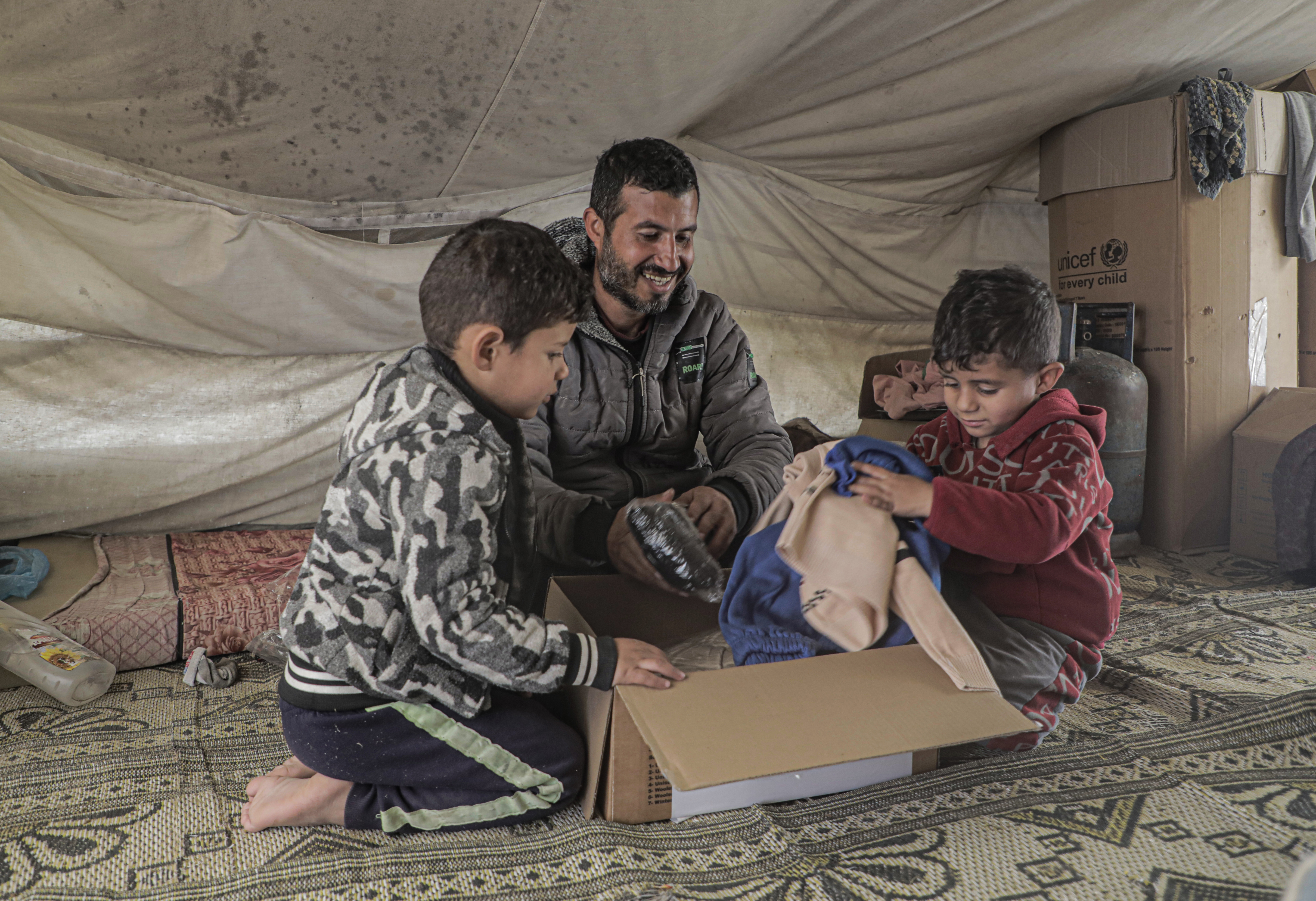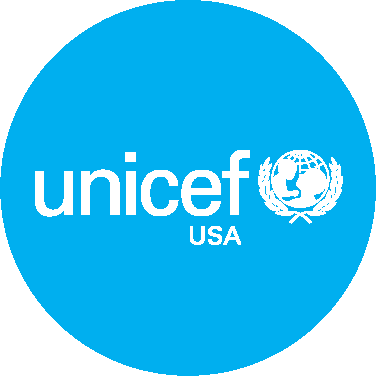After 15 months of a devastating war, the humanitarian situation remains catastrophic in the Gaza Strip. Most children have lost access to quality health care, education, water and other vital services.
Since the start of the war, UNICEF staff have remained on the ground, working with partners to provide safe drinking water to displaced families, treatment for severely malnourished children and medical supplies and vaccines for children in hospitals and shelters.
Under the ceasefire, UNICEF is expanding existing services, while establishing new ones to reach families on the move. Urgent priorities include:
- Immunization
- Nutrition
- Health
- Water and Sanitation
- Family Reunification
- Humanitarian Cash Transfers
- Mental Health Support
UNICEF has already reached millions in the Gaza Strip with lifesaving emergency assistance. According to UNICEF’s year-end situation report, UNICEF’s impact for children in Gaza over the past year includes:
- ensuring the provision of water for a monthly average of 1.8 million people, including over 700,000 children, across the Strip
- providing over 6 million liters of fuel to operate water facilities, treatment plants and sewage pumping stations
- reaching more than 1 million individuals, including 502,000 children, with humanitarian cash transfers
- delivering nutrition products for 1.4 million beneficiaries
- supplying 44 medical facilities with essential supplies and equipment, benefiting over 585,300 people
- administering novel oral polio vaccines to more than 1.1 million children in two rounds, achieving a 94 percent coverage rate in each
- distributing 400,000 child identification bracelets to families with young children to mitigate the risk of separation
- providing learning opportunities for more than 85,000 children in 75 temporary learning spaces, 35 community-led initiatives and 20 schools, along with education-based recreational activities for 53,000 children
There is much work to be done. Lack of access to safe water and sanitation, nutritious foods, medical care, immunizations and education endangers children’s health and development. At least 14,500 children have reportedly been killed in the Gaza Strip since Oct. 7, 2023 — an average of 32 children killed every day. At least 23,000 children have been injured; thousands more are thought to remain buried under the rubble.
UNICEF continues to call for the immediate, safe and unconditional release of all abducted children, and an end to any grave violations against all children, including killing and maiming.
UNICEF’s annual Humanitarian Action for Children appeal addressing the needs of children across the Gaza Strip and the West Bank showed a funding shortfall of $88.2 million (17 percent) at the end of 2024. In order to continue to provide lifesaving assistance to children and their families in 2025, UNICEF estimates that $716.5 million in funding will be needed.


